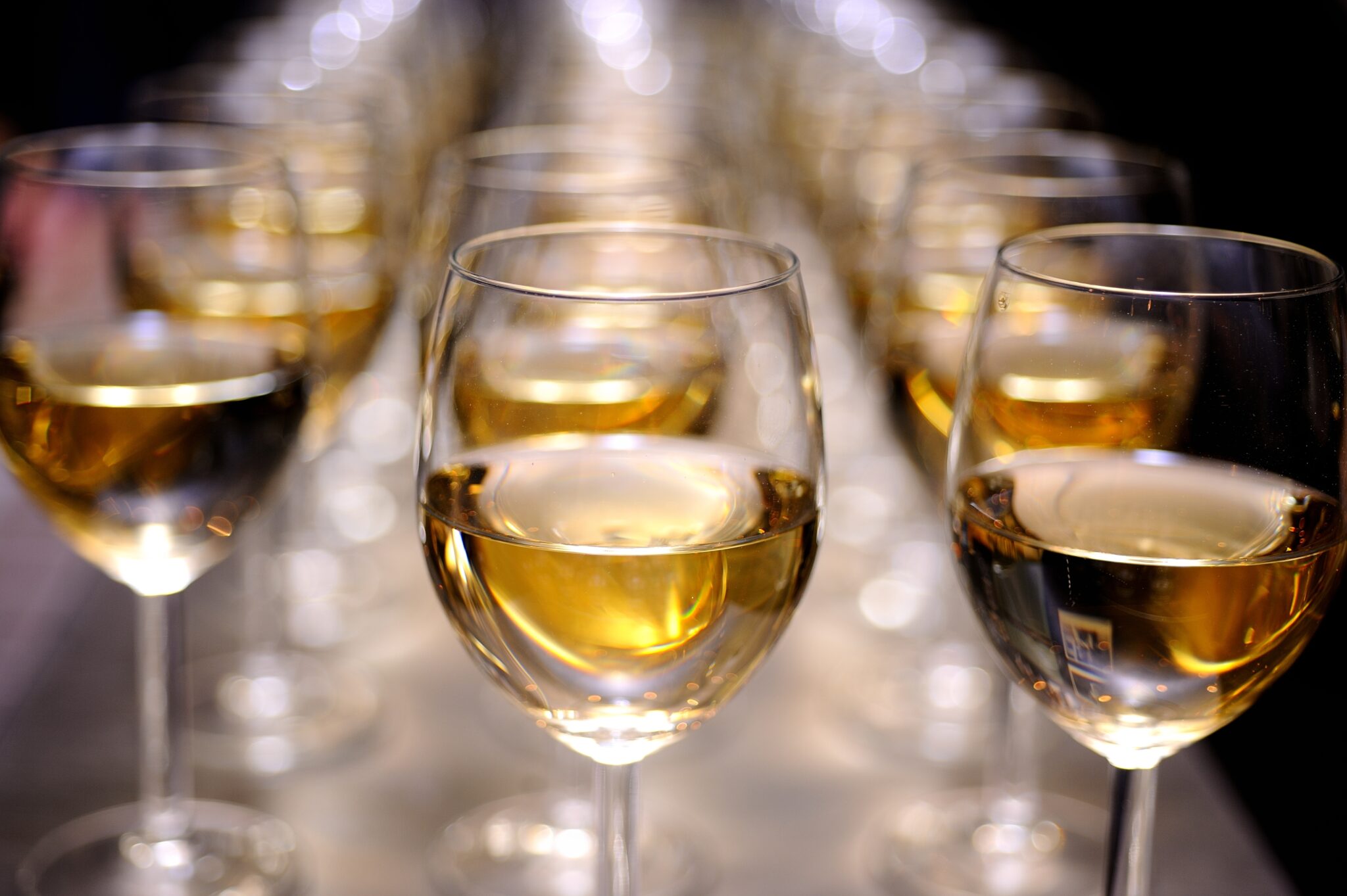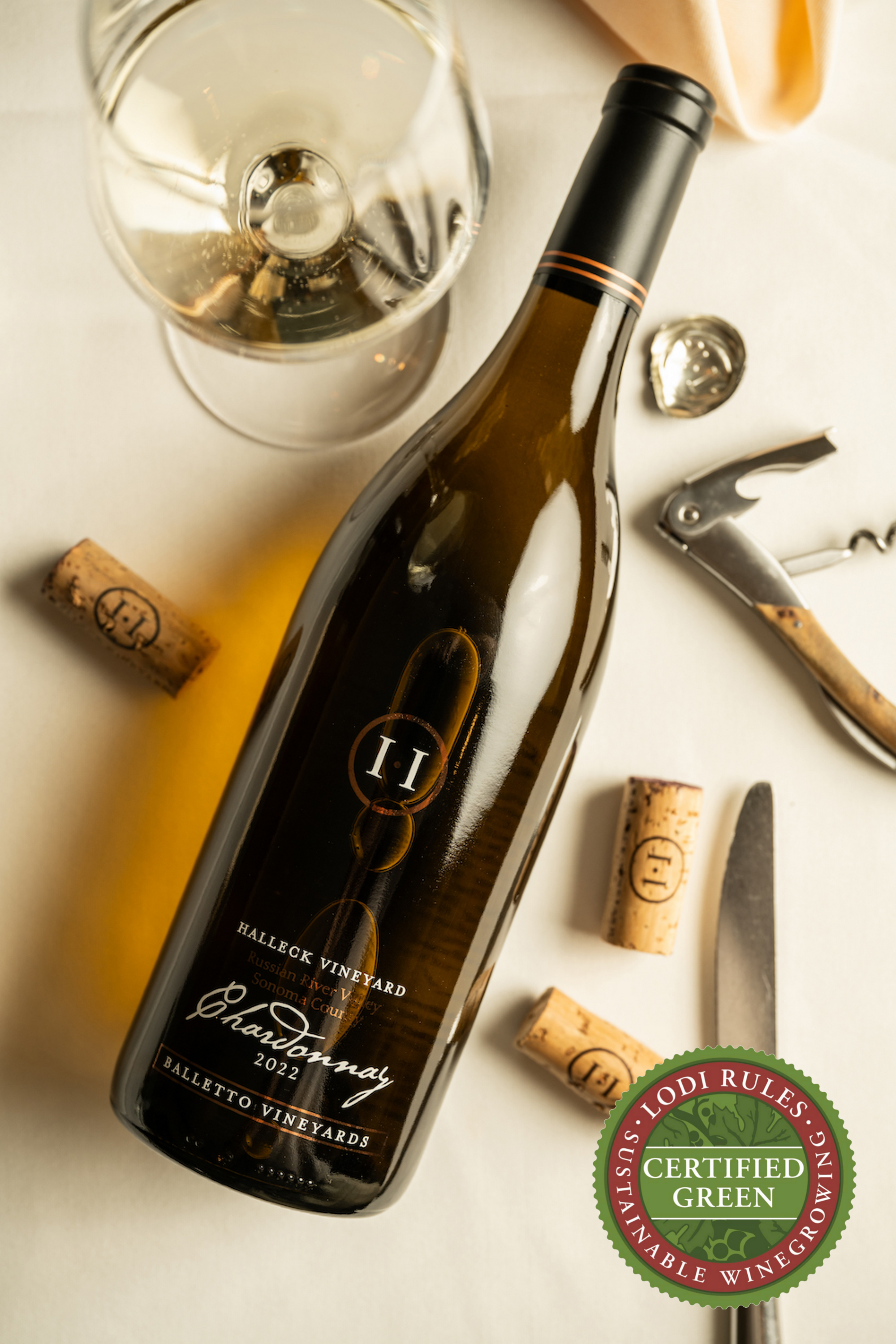Beautiful Picnic Areas At Sonoma Wineries - Sebastopol Vineyard Visits
Beautiful Picnic Areas At Sonoma Wineries - Sebastopol Vineyard Visits
Blog Article
Exclusive Wine Clubs In Sonoma - Wineries For Casual Tastings In Sonoma
Wine tasting is often considered an art kind, one that goes past merely having fun with a beverage. It embraces a posh interplay of flavors, aromas, and textures that requires devoted practice to actually grasp. Many who venture into the world of wine tasting quickly realize that it involves rather more than simply sipping wine. Enhancing sensory skills through dedicated winery wine tasting can elevate the experience, reworking an informal consuming occasion into a classy exploration of the senses.
At a primary stage, wine tasting engages the senses of sight, odor, taste, contact, and even sound. Each component performs an important role in appreciating the nuances of a wine. When one first pours a glass of wine, the rich hues can present initial insights into its age and varietal. Observing the color and readability helps form expectations about the wine's flavor profile. Many don’t totally recognize how this visual assessment can set the stage for what is to observe.
The subsequent step is to have interaction the sense of smell. Swirling the glass aerates the wine, permitting its unstable compounds to escape and fill the air with its bouquet. The nose entails some fascinating layers—different aromas can signal various aspects of the winemaking course of, together with the type of grapes used, fermentation strategies, and growing older circumstances. Creating a eager sense of smell could be a game-changer in wine tasting.
Remarkable Craft Wineries In Sebastopol - Sonoma Wine Region Vineyards
To enhance this sensory skill, wine enthusiasts are often inspired to participate in devoted tastings at wineries. These tastings allow individuals to focus solely on the sensory experience (Wineries Offering Educational Wine Seminars). Tasting periods led by educated sommeliers or winemakers can offer insights into identifying distinct aromas. Studying to distinguish between floral, fruity, earthy, and spicy notes can empower a taster to articulate their experience with larger precision.
As one practices their sensory talents, they could discover that their style preferences evolve. This transformation typically occurs after a quantity of tastings. A wine that originally seemed overwhelming would possibly reveal hidden layers of complexity with a little bit of experience. Understanding the means to isolate individual flavors corresponding to acidity, sweetness, bitterness, and umami contributes substantially to the overall wine experience.
Another essential component in improving sensory skills is the context during which wine is tasted. Environmental elements like temperature, lighting, and even the company current can influence perceptions. At a winery, an optimal setting can cut back distractions and allow a extra profound exploration of the wine (Wineries With Unique Tasting Experiences). Training aware tasting techniques encourages a extra immersive experience, permitting tasters to hone in on their senses.
It is not solely about particular person notion, although. Engaging with others throughout a tasting also can enhance sensory skills. Sharing notes and discussing impressions fosters a deeper understanding of the wine. This collaborative strategy encourages members to articulate their sensory experiences, thereby broadening their linguistic repertoire associated to wine tasting.
Celebrated Winemakers To Discover In Sonoma - Best Wine Tasting Spots In Sonoma County
Additionally, pairing wine with food can considerably improve the tasting experience. Completely Different combinations can bring out distinctive flavors in each the wine and the dish. As one tastes a wine alongside particular foods, they can begin to recognize how certain components within the wine complement or contrast with what they are consuming. This skill of pairing is another layer that enriches sensory development.
Training one’s palate can contain a wide range of workout routines. Some enthusiasts interact in systematic tasting experiences, sampling a spread of wines that showcase completely different varietals, regions, or vintages. Exploring this diversity can sharpen the power to discern nuances across completely different wine profiles. Over time, this practice builds a psychological library of flavors that might be accessed during future tastings.
Notably, written notes serve a twin purpose: organizing one’s thoughts and reinforcing memory. By writing down observations about each wine, tasters can monitor their progress over time. Detailing the traits of wines assists in solidifying knowledge, ultimately deepening one’s appreciation of what they devour.
Furthermore, attending workshops or classes targeted on sensory evaluation can also be useful. Many wineries supply these instructional applications to assist people refine their skills. Typically, skilled instructors guide individuals via structured tastings, specializing in specific elements of the wine. This degree of education reinforces the sensory skills asynchronously and challenges tasters to consider their experiences from totally different angles.
Wineries Offering Virtual Wine Tastings - Sonoma's Finest Wineries

Over time, the dedication to improving sensory skills through dedicated winery wine tasting can yield important rewards. The enjoyment derived from wine turns into layered and multifaceted. No longer limited to a simple choice for "pink" or "white," tasters start to understand the stories behind each pour. They domesticate a palette able to navigating the advanced landscape of flavors with confidence.
In conclusion, the journey of enhancing sensory skills through dedicated winery wine tasting is as rewarding as it's gratifying. It requires focus, commitment, and a willingness to learn, but the outcomes far exceed the preliminary content effort. By engaging a number of senses and taking part in thoughtful discussions, people not only turn into more proficient at identifying flavors but in addition develop a deeper appreciation for the craftsmanship behind each bottle. The process transforms wine from a mere beverage into a wealthy tapestry of sensory exploration that beckons enthusiasts to delve deeper. As skills enhance, so too does the enjoyment, enriching life experiences one sip at a time.
Wineries Near Sonoma Square - Wineries Near Sebastopol For Tasting
- Participating the palate through numerous wine varieties enhances the power to differentiate flavors and aromas, refining total sensory notion.
- Participating in guided tastings promotes targeted consideration on refined traits of each wine, nurturing crucial tasting skills.
- Studying to establish particular grape varieties fosters a deeper understanding of terroir, which aids in recognizing regional flavor profiles.
- Incorporating food pairings throughout tastings can heighten sensory consciousness, as totally different tastes can affect one another and alter perceptions.
- Practicing the art of swirling and nosing wines permits individuals to attach olfactory cues with style, bettering the flexibility to articulate sensory experiences.
- Attending workshops that emphasize blind tastings trains participants to rely purely on their senses rather than preconceived notions, enhancing objectivity.
- Elevating sensory skills can lead to better wine selection skills, empowering people to make informed decisions based mostly on personal preferences.
- Participating with educated sommeliers offers insights into wine-making processes, which deepens sensory appreciation and enhances vocabulary for describing wines.
- Common participation in tastings encourages reminiscence growth of flavors and aromas, aiding within the formation of a personalized sensory profile over time.
- Sharing tasting experiences with peers fosters discussion, promoting communal learning that can enhance individual sensory skills through collaboration.undefinedWhat is the purpose of improving sensory skills through wine tasting?

Enhancing sensory skills through wine tasting permits individuals to enhance their capacity to determine and appreciate the assorted aromas, flavors, and textures of wine. This heightened sensory awareness can result in a deeper understanding of wine and an general enriched tasting experience.
Wineries Perfect For A Relaxing Afternoon - Discovering The Vineyards Of Sonoma County
How can I develop my sensory skills at a winery?
You can develop your sensory skills at a winery by collaborating in guided tasting periods that target particular varietals. Interact with knowledgeable staff who can provide insights and encourage you to take notes on your impressions, enhancing each your observational and descriptive skills.
What ought to I count on throughout a dedicated wine tasting experience?
Affordable Wine Tastings In Sonoma County - Craft Wineries In Sonoma
Throughout a devoted wine tasting experience, count on to pattern a selection of wines while receiving targeted education about each one. You Will study concerning the winemaking process, tasting techniques, and how to discern completely different sensory traits, all in a relaxed setting.

Is prior data of wine necessary to profit from a sensory skills workshop?
- Wineries Providing Guided Vineyard Walks
No prior information of wine is critical; the workshops are designed for all levels of experience. Novices will find useful data to build from, while seasoned tasters can refine their skills and broaden their palate even further.
How do sensory skills influence my total wine appreciation?
Hidden Gem Wineries In Sonoma County - Sonoma’s Lush Vineyard Landscapes
Improving sensory skills considerably enhances your general wine appreciation by allowing you to establish subtleties and complexities in wines. This deeper understanding enriches your tasting experience and helps you make knowledgeable selections primarily based on personal preferences.
Are there particular techniques I should use whereas tasting wine to improve my sensory skills?
Wineries Offering Elegant Wine Tastings - Sonoma’s Lush Vineyard Landscapes
Yes, employing techniques such as the "SWOT" method (Sight, Swirl, Smell, Sip, Savor) can be beneficial. Pay attention to the wine's look, aromatics, and mouthfeel, and take your time with every sip to totally discover the flavors and sensations.
What sort of wines navigate to this site are sometimes included in sensory skills tastings?
Typically, sensory skills tastings embody a big selection of wines that showcase totally different regions, varietals, and styles. This range helps individuals identify distinct traits and enhances their capability to differentiate between wines.
Can sensory skills workshops be personalized to my tasting interests?
Wineries With Unique Tasting Experiences - Sonoma Vineyards For A Perfect Day Out
Many wineries supply personalized options for sensory skills workshops, allowing you to focus on specific types of wines or themes that interest you, such as organic wines or unique regional choices. It Is finest to inquire instantly with the winery for tailor-made experiences.
Is there a method to practice sensory skills after leaving the winery?
Yes, you'll have the ability to practice your sensory skills at home by tasting different wines and keeping a tasting journal. Experimenting with various food pairings and aromatics can additional improve your understanding of how flavors work together, reinforcing the talents gained at the winery. Report this page